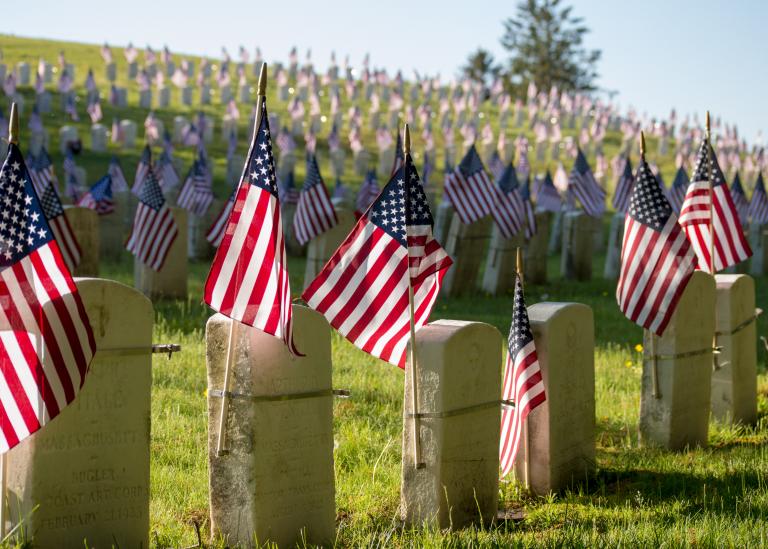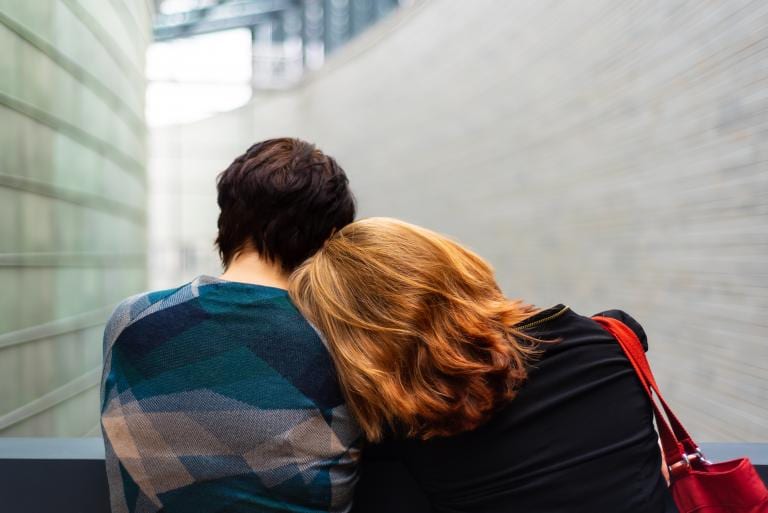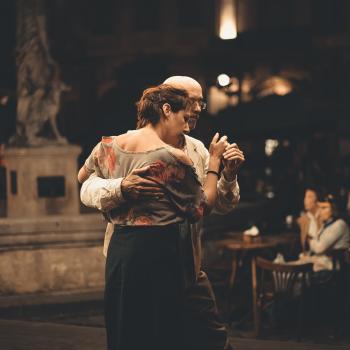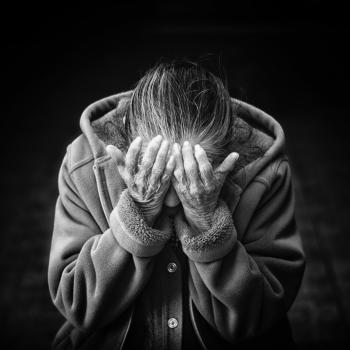The first Memorial Day happened in the aftermath of The Civil War. Soldiers from both the North and the South were honored for having lost their lives.
It was designed to be a day of remembrance, a day of grief and unity.

A few Memorial Day events were held in the latter part of the 1800s and into the new century. People left flowers and flags on graves in memorandum of the lives lost, the cost paid to live life as we know it. But it wasn’t until the next terrible War had come and gone that Memorial Day became official. In the aftermath of World War 1, this sporadic remembrance became an official day of recognition.
Moving On
When something happens, especially something painful or hard to understand, we often feel as though our two options are to either grieve it or get over it. To lament or to move on. And we imagine any sign of one is an act of resistance against the other.
The truth is the only way to move on is to grieve. And that properly grieving is, in itself, an act of moving on. What I mean is, the two are not mutually exclusive. Far from it. In fact, the two are mutually inclusive.
We run from pain or set up camp in it. We are addicts or avoiders, bullies or pushovers. Some even toggle back and forth a little, trying each for a time and a season.
The key to unity is balance. This is true in an organization, a relationship, and even within the confines of an individual mind/soul. In order to really come together, we need space to grieve, to lament, to remember with sober thoughts what has occurred and the sad mysteries it reveals. But we also need to come together, to learn from our past. To use it as fuel to make better choices.
Disunity
In the modern world, it seems we are all hell-bent on driving each other apart. It is like there is a giant wedge splitting humanity and we are all holding hammers and blaming everyone around us for the hammer in their hands.

We either make an idol out of grief or refuse to acknowledge it. We are people of extremes, upping the stakes so that the rare occasions that necessitate extremes seem to be common place and are justified as such.
This is not really new. It has played out before. And it has cost us dearly. Lives, souls, even the very sense of who we are. We need to grieve our mistakes and then come together in unity. We need to grieve our current reality and then come together in unity. We need to find a way to listen, to step into humility and be willing to accept reality as it is, not as we imagine it should be.
Otherwise, we are destined for more tragedy. We’ve wasted the lessons of the past if we stubbornly repeat them.












